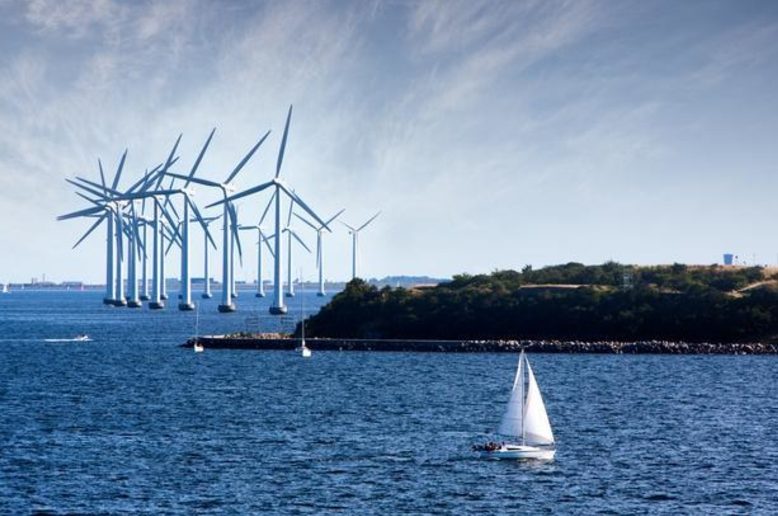A look at businesses which go on to achieve great things and grow into big success stories doesn’t really point to any innovation taking place anymore, as was the case with those history defining moments like the invention of the internal combustion engine as an improvement on the steam engine. These days it’s all about new websites and new apps as innovations.
That’s not a bad thing per se. If anything, what is demonstrates to us is that as the human race, we’ve pretty much figured out how to live relatively stable lives in our earthly environment and we no longer have to come up with inventions or make discoveries which are aimed at helping us navigate this new world we live in.
Many more dynamics come into play with regards to energy generation in particular because with the UK’s resolution to pull out of the EU comes a level of freedom which also comes with some huge responsibility outside of the parameters set forth by the European Union. Will the UK continue to adopt the policies around moving towards greener energy adopted by the EU, especially considering just how far behind the UK is lagging? Whether the UK does or doesn’t, either way there is some serious opportunity forming around the energy sector, particularly the green energy sector. Providers of renewable energy insurance Lycetts explores the implications of Brexit, with particular regards to the new opportunities forming around the energy sector.
There’s quite a bit of work to do on the part of the UK to catch up to the rest of the world in generating more of our energy from greener sources.
We’re lagging quite far behind the likes of Germany, which produces 38,250 megawatts of solar energy per year, Denmark, which produces 140% of its electricity exclusively from wind power and Sweden which has already smashed its target of producing 49% of its energy from renewable by 2020.
The expanse left by the UK’s withdrawal is widened by the fact that the UK would be taking Scotland with it, a nation which supplies 97% of its household electricity from wind turbine generation.
Even with Scotland and their 97% of household electricity being generated through wind energy leaving as part of the UK, the EU will still be better off in terms of its collective figures around the targets set out to use cleaner energy. The UK has a target of generating 15% of its energy from renewable sources by 2020 and falls short by 10%. That simply means there’ll be a lot more opportunities for local players in the green energy space to contribute towards making up this ground and profit in the process.
Now as far as the opportunities themselves go, it isn’t even a matter of operating as a manufacturer but rather operating as a supplier. Find out from your local authorities how you can get involved and how you could perhaps benefit from the impending green revolution. It could be as simple as installing solar panels in your home and get yourself well on the way to living in a net zero house, and of course and earning rebates on excess electricity fed back into the grid.





